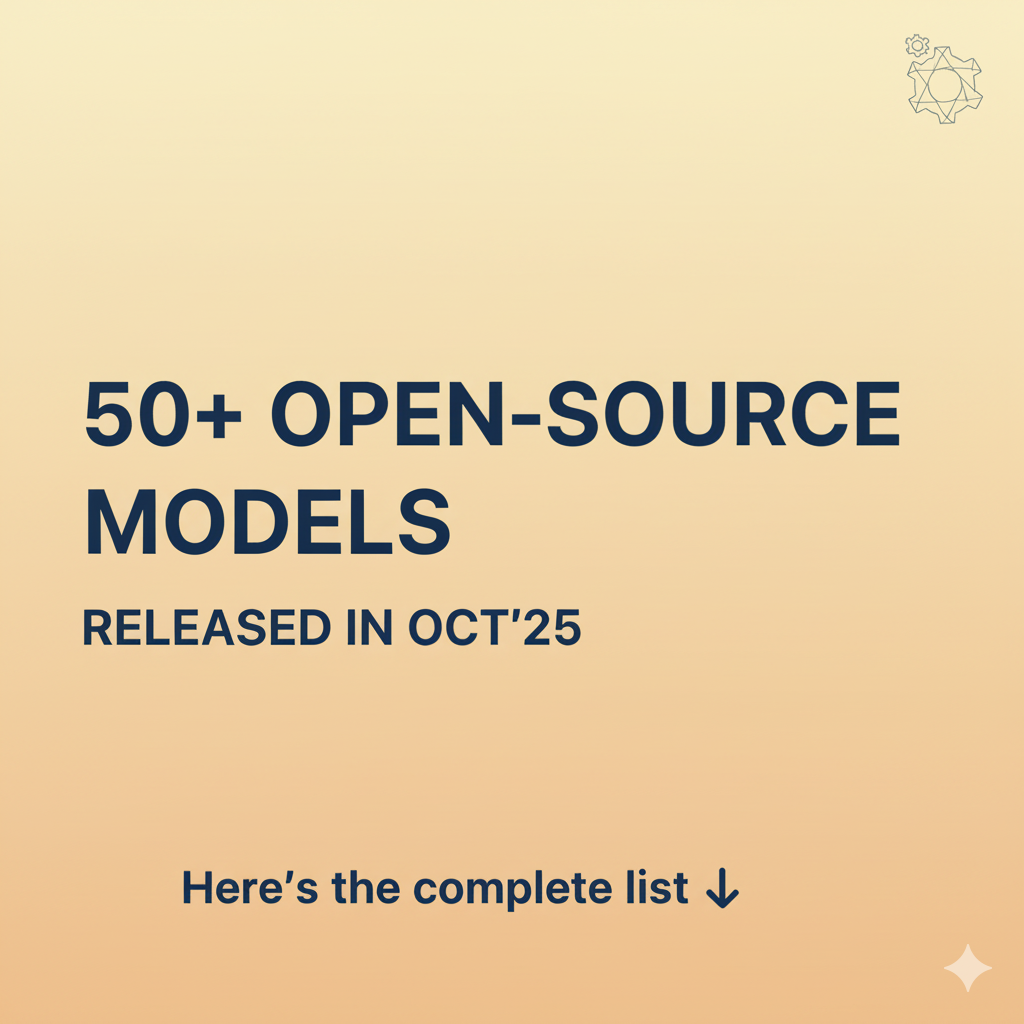November 8, 2025
Open source projects for engineers are transforming development workflows. Discover three open-source projects (opencode, DeepCode, Llama-Factory) that bring AI into developer workflows: inside the terminal, from paper-to-code, and from model-to-deployment.
Modern engineering teams want AI that fits their workflow. Whether you’re a backend engineer, a research scientist, or a DevOps lead, developer-native AI reduces context switching, shortens prototyping cycles, and improves code quality by providing context-aware suggestions where you already work — the CLI, editor, and CI pipelines.
This article examines three open-source projects that exemplify this shift and shows quick ways to adopt them in enterprise and startup environments.
1. Opencode: The AI coding agent for your terminal
GitHub repo: opencode Popular with terminal-first devs
What it does:
- Interactive TUI that lets you chat, edit, and refactor inside the terminal.
- Provider-agnostic: plug OpenAI, Anthropic, Google, or local models.
- Language Server Protocol (LSP) support for accurate code understanding.
- Client/server mode for remote usage and collaborative sessions.
Why teams should try it:
By bringing AI into the terminal, opencode preserves developer context and speeds up iteration. It’s especially useful for:- Full-stack engineers who switch between shell, editor, and CI/CD.
- Data scientists and ML engineers who prefer CLI tooling.
- DevOps teams automating infra-as-code and refactoring tasks.
2. DeepCode: Turn research papers into working code
Github repo: DeepCode Developed by the Data Intelligence Lab at The University of Hong Kong
Capabilities:
- Paper2Code: Convert research papers into runnable implementations.
- Text2Web: Generate interactive web UI from textual prompts.
- Text2Backend: Produce backend logic and APIs from natural language descriptions.
Why it matters:
DeepCode accelerates R&D by trimming the gap between academic ideas and production-ready prototypes. R&D teams, university labs, and AI product groups can use it to rapidly validate concepts, reproduce experiments, and create demos that are close to deployable systems.How to integrate:
- Use DeepCode to scaffold reference implementations that your engineers can harden.
- Combine with CI to run generated tests and benchmarks automatically.
- Leverage it as a teaching tool for internal AI literacy programs.
3. Llama-Factory: Fine-tune 100+ models with zero code
A unified framework to fine-tune and align models ideal for teams wanting fast model iteration without heavy infra.
Core features:
- Supports a wide range of language and vision-language model families.
- Zero-code fine-tuning via CLI or Web UI: pick a model, dataset, and start training.
- Efficient techniques supported: LoRA, QLoRA, PPO, DPO, ORPO, and more.
- Advanced optimizations: FlashAttention-2, LongLoRA, RoPE scaling, NEFTune.
Use cases:
- Domain-specific copilots (customer support, legal, healthcare).
- Internal knowledge agents that require strict data governance.
- Rapid prototyping of specialized models for product differentiation.
